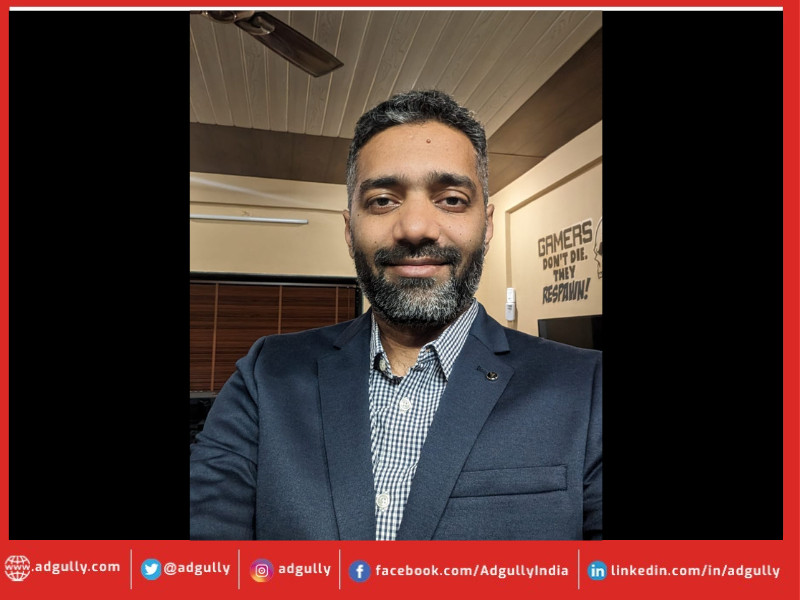Quality assurance is a crucial aspect of content creation, regardless of whether it is traditionally written or AI-generated. The importance of quality assurance in AI-generated content cannot be overstated, as the output of AI technologies is directly proportional to the quality of the data used for training. This means that if poor quality data is used, the resulting content will also be of poor quality.
One essential aspect of AI-generated text to monitor is relevance and coherence. While AI can produce content rapidly, it is not infallible and might meander off-topic or generate statements that don’t make sense. Therefore, it is essential to scan through AI-generated articles to ensure they make sense and are relevant to the intended topic. Another critical consideration is plagiarism. When using AI article writers, plagiarism detection should be a cornerstone of the quality assurance strategy. Despite boasting impressive algorithms, some systems might inadvertently reproduce phrases from source material too closely, mimicking plagiarised content, which could lead to legal issues.
Language quality review is also pivotal for maintaining standards in AI automatic writing. Monitoring output for grammatical accuracy, contextual spelling errors, proper usage of idioms and phrasal verbs, etc., is necessary to ensure the highest quality.
Quality Assurance in AI-generated content ensures that the output meets certain standards of accuracy, relevance, and readability. It involves rigorous testing and review processes to detect and correct errors, biases, or inconsistencies. Here’s why QA is indispensable:
Recent statistics indicate that a significant portion of people find AI-generated content to be equal to or even better than human writing, with 65.8% of individuals expressing this sentiment. This data underscores the growing acceptance and recognition of AI’s capabilities in content creation. Additionally, 63% of people have concerns about AI-generated content, particularly regarding quality issues and potential plagiarism. 82% of marketers say AI-generated content is as good as human-generated. AI in marketing is expected to grow to a $107.5 billion industry by 2028. This highlights the need for continued vigilance and quality assurance measures when utilising AI in content creation to address these apprehensions and ensure high-quality output.
As AI continues to shape the future of content creation, the role of Quality Assurance becomes increasingly critical. It is the linchpin that ensures AI-generated content remains accurate, ethical, and engaging. With the rapid growth of AI in various sectors, investing in robust QA processes is not just important—it’s essential for success in the digital landscape.
Quality Assurance in the era of AI-generated content is a multifaceted challenge that requires a combination of technological, ethical, and human oversight. As we embrace the benefits of AI, we must also commit to the rigorous QA processes that will maintain the high standards the public expects and deserves.
News in the domain of Advertising, Marketing, Media and Business of Entertainment
News in the domain of Advertising, Marketing, Media and Business of Entertainment
